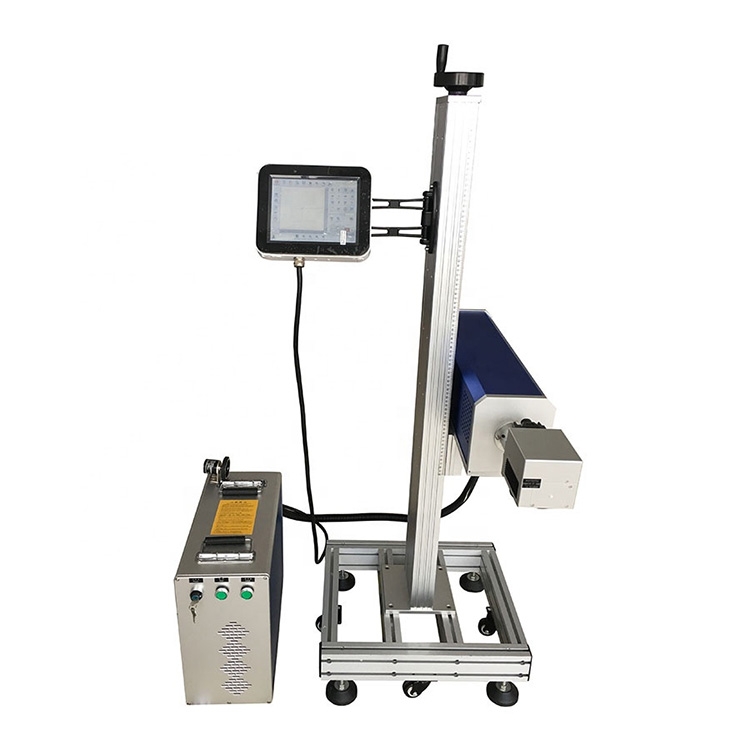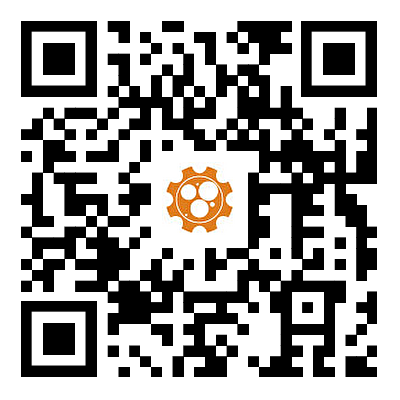Exploring the Primary Applications of a CO2 Laser Marking Machine
2024-07-01
CO2 laser marking machines have become an integral part of various industries, thanks to their precision, speed, and versatility. These machines utilize a carbon dioxide laser to engrave or mark a wide range of materials, providing permanent, high-quality markings. This blog explores the primary applications of a CO2 laser marking machine and how they are transforming different sectors.
Introduction to CO2 Laser Marking Machines
CO2 laser marking machines employ a gas laser technology that emits a laser beam with a wavelength of 10.6 micrometers. This beam is capable of marking organic materials and certain synthetic materials with high precision. The non-contact process ensures minimal damage to the substrate, making it ideal for delicate or sensitive materials.
Primary Applications of CO2 Laser Marking Machines
1. Product Identification and Traceability
One of the most common applications of CO2 laser marking machines is product identification and traceability. Manufacturers use these machines to mark serial numbers, barcodes, QR codes, and other identification marks on products and components. This application is crucial for tracking products through the supply chain, ensuring quality control, and preventing counterfeiting.
2. Branding and Labeling
CO2 laser marking machines are widely used for branding and labeling purposes. They can engrave logos, brand names, and product information on various materials, including wood, glass, leather, and plastics. The precision of the laser ensures that the markings are clear and aesthetically pleasing, enhancing the product’s overall appeal.
3. Packaging Industry
In the packaging industry, CO2 laser marking machines are used to mark expiry dates, batch numbers, and other essential information on packaging materials. They are capable of marking on paper, cardboard, and plastic packaging, ensuring that the information remains legible and durable throughout the product's lifecycle.
4. Medical Devices and Equipment
The medical industry requires high-precision marking for identification and regulatory compliance. CO2 laser marking machines are used to mark medical devices, surgical instruments, and equipment with critical information such as serial numbers, batch numbers, and manufacturing dates. The markings are permanent and resistant to sterilization processes, ensuring traceability and safety.
5. Electronics and Semiconductor Industry
In the electronics and semiconductor industry, CO2 laser marking machines are used to mark circuit boards, electronic components, and semiconductor wafers. The precision of the laser ensures that even the smallest components can be marked without causing damage, which is essential for traceability and quality control in these high-tech industries.
6. Automotive Industry
The automotive industry benefits from CO2 laser marking for marking parts and components with serial numbers, manufacturing codes, and other identification marks. This application is crucial for tracking parts through the manufacturing process and ensuring compliance with industry regulations. The durability of the laser markings ensures that they remain legible even in harsh automotive environments.
Conclusion
CO2 laser marking machines have a wide range of applications across various industries, thanks to their precision, versatility, and durability. From product identification and branding to medical devices and automotive parts, these machines provide permanent, high-quality markings that are essential for traceability, quality control, and regulatory compliance. As technology continues to advance, the applications of CO2 laser marking machines are likely to expand, further transforming the way we mark and identify products.



